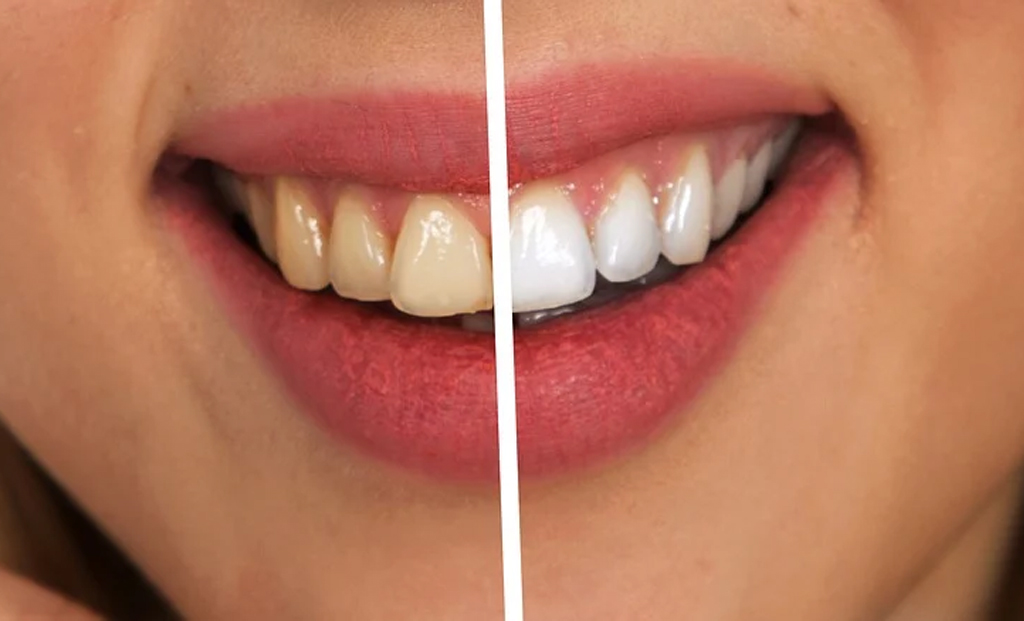Maintaining good oral hygiene is essential for promoting brain health and reducing the risk of Alzheimer’s disease. The study, published in the journal Neurology, emphasized the connection between poor dental health and a decrease in brain volume, particularly in the hippocampus, a region associated with memory and Alzheimer’s disease.
It is important to note that the study does not establish a causal relationship between gum disease or tooth loss and Alzheimer’s disease; it simply demonstrates an association.
Satoshi Yamaguchi, from Tohoku University in Sendai, Japan, stressed the significance of exploring the potential link between tooth loss, gum disease, and dementia due to their prevalence. He said, “Tooth loss and gum disease, characterized by inflammation of the tissue surrounding the teeth resulting in gum shrinkage and tooth looseness, are widespread conditions. Therefore, evaluating their potential impact on dementia is of utmost importance.”
The study involved 172 participants with an average age of 67, all of whom initially had no memory issues. At the beginning of the study, participants underwent dental examinations, memory tests, and brain scans to measure hippocampal volume. These assessments were repeated four years later.
The researchers discovered that the number of teeth and the presence of gum disease were correlated with changes in the left hippocampus.
Severe gum disease linked to quicker rate of brain shrinkage
Among individuals with mild gum disease, having fewer teeth was associated with a faster rate of brain shrinkage in the left hippocampus. Conversely, for those with severe gum disease, having more teeth was linked to a quicker rate of brain shrinkage in the same area.
Upon adjusting for age, the researchers found that individuals with mild gum disease experienced an increase in the rate of brain shrinkage equivalent to nearly one year of brain aging for every lost tooth. In contrast, individuals with severe gum disease exhibited brain shrinkage equivalent to 1.3 years of brain aging for each additional tooth lost.
Active Lifestyle Key To Better Quality Of Life For Older Adults – Study | ALSO READ
Another recent study also highlighted the importance of maintaining nighttime dental hygiene, as neglecting it can elevate the risk of heart disease.
Yamaguchi emphasized that these findings underscore the significance of not only preserving teeth but also maintaining their overall health. He stated, “Controlling the progression of gum disease through regular dental visits is crucial, and severe gum disease may necessitate the extraction of affected teeth and their replacement with appropriate prosthetic devices.”

